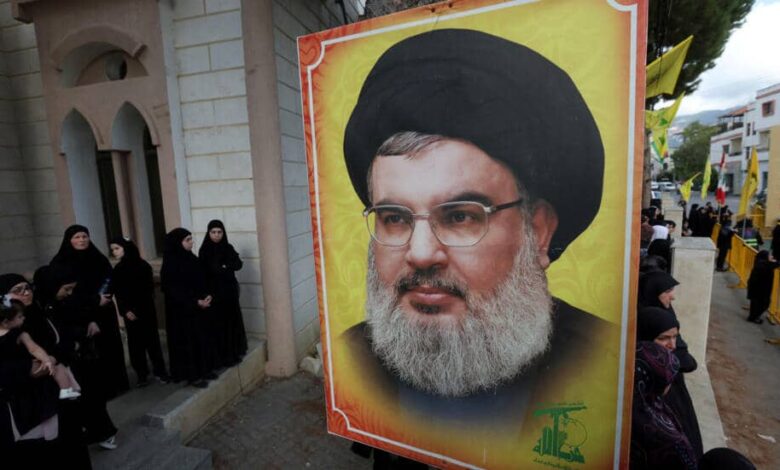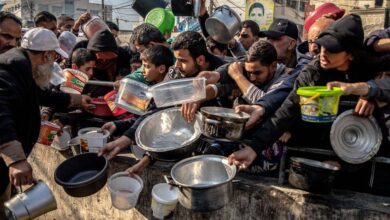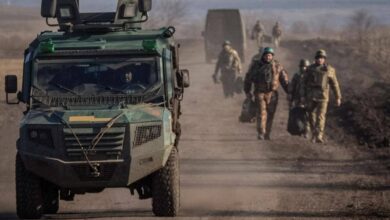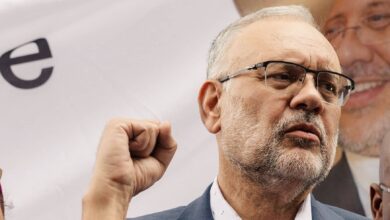
The killing of Hezbollah leader Hassan Nasrallah by Israel has confronted Iran with one of the biggest challenges it faces: how to overcome such a loss without compromising influence within the region. Hezbollah has confirmed that Nasrallah died after an airstrike in Beirut’s southern suburbs in a serious escalation of an ongoing conflict that had seen almost a year of back-and-forth hostilities between the group and Israel since the onset of the Gaza conflict.
Iran’s supreme leader, Ayatollah Ali Khamenei, threatened that Nasrallah’s killing “will not be in vain,” while First Vice President Mohammad Reza Aref declared it would lead to Israel’s “destruction.” Iran has also promised to avenge the killing of its Revolutionary Guards General Abbas Nilforoushan, who was killed on the same day as Nasrallah.
Analysts note that Nasrallah has been central to Iran’s regional policies, and Hezbollah is viewed as a primary ally of the Islamic Republic. Amidst all the mayhem, what comes into the spotlight, according to experts, is the disinclination of Iran from intervening directly in the conflict. Ali Vaez with the International Crisis Group said Iran is facing a “serious dilemma” amid indications that Hezbollah’s deterrence against Israel appears in disarray.
Recent events underlined a worrying trend for Iran’s influence, said Mehdi Zakerian, a Tehran-based professor of international relations.
“The resistance front aligned with Iran has failed in its key task of containing Israel and has lost many of its best people,”
He said. The killing of Nasrallah comes after the assassination of Hamas political chief Ismail Haniyeh in Tehran in July, another blow that had made Iran feel vulnerable.
It will be quite problematic for Tehran to face serious economic hardships in rebuilding Hezbollah’s capabilities. Zakerian said any effort to support Hezbollah would worsen the current Iranian economic crisis, fueled by international sanctions leading to inflation and high unemployment.
While Iran has sought to project power in response to the Gaza conflict, it has striven not to cross any threshold that might provoke a U.S. response in the direct attack on Israel last April; most projectiles were intercepted, which is indicative of restraint.
Analysts say that Iran seems determined to do everything to keep Hezbollah as an essential protective umbrella. But the new developments further complicate communication lines and arms transfers to it, with Israel promising to veto such assistance via Beirut airport.
Iranian political commentator Mossadegh Mossadeghpour said at the same time that Iran is very late in arming Hezbollah. Yet, the latter has always been quite resilient and capable of re-formation. Meanwhile, there have also been some reports saying recent sabotage attacks on equipment belonging to Hezbollah members disrupted the communications inside the group.
Vaez continued, “All of this may hinder effective communications between Iran and Hezbollah, at least as compared with the war in 2006.” He went on to question whether these tame responses were the product of Hezbollah’s inability or unwillingness to act, suggesting that Iran could be waiting for an overwhelming counterattack from Hezbollah to show how strong it is in the continuing conflict.



